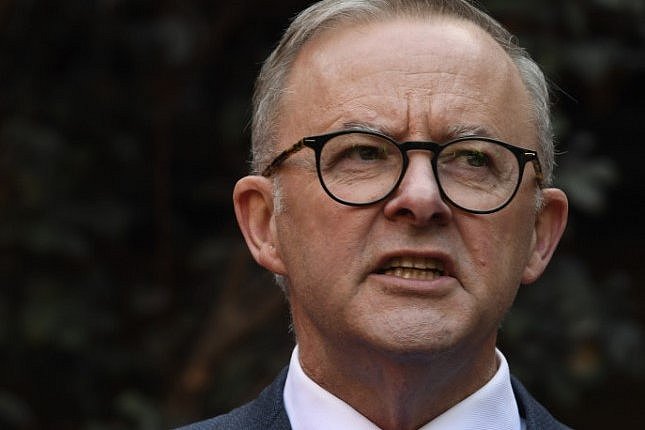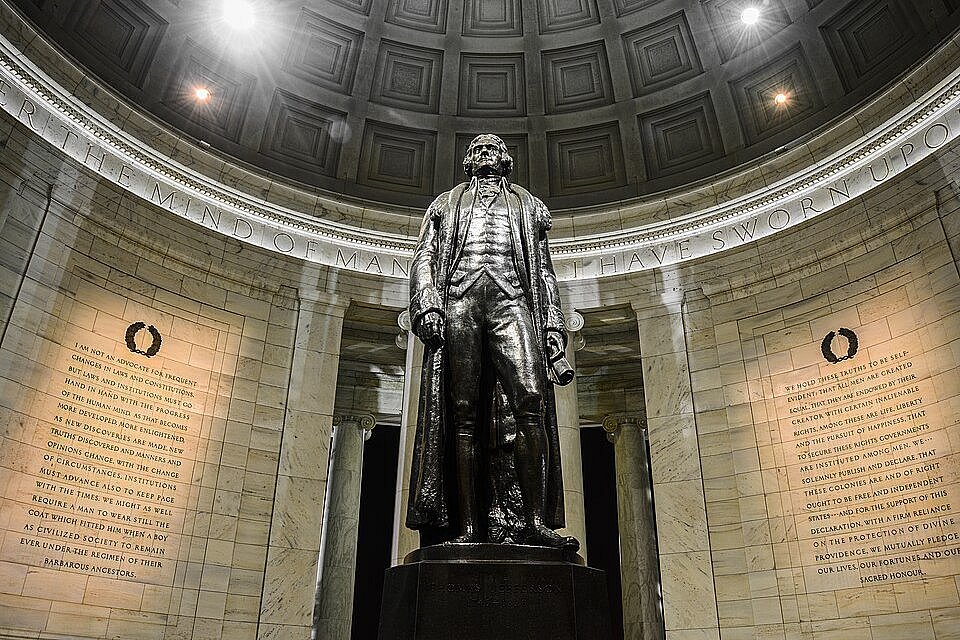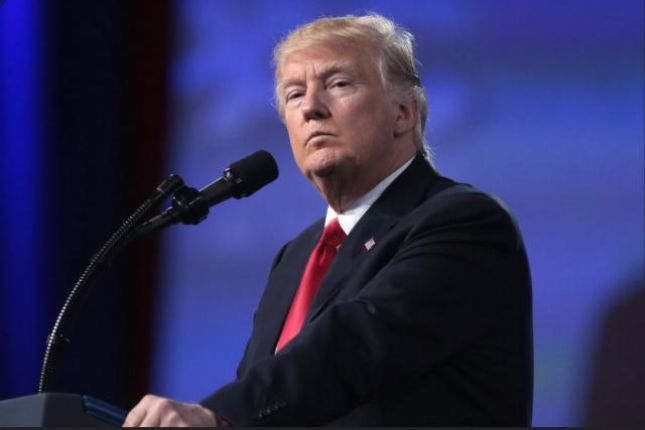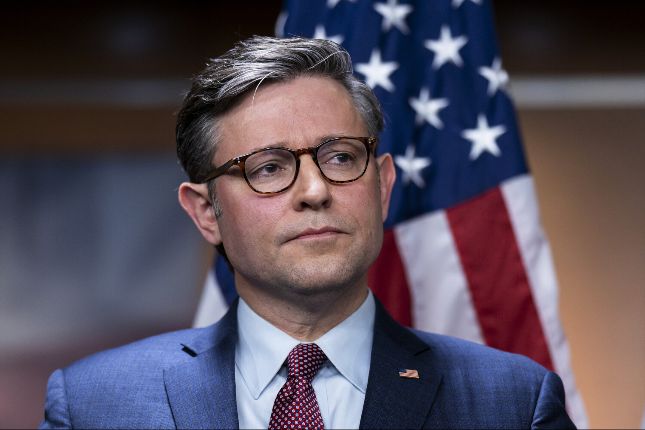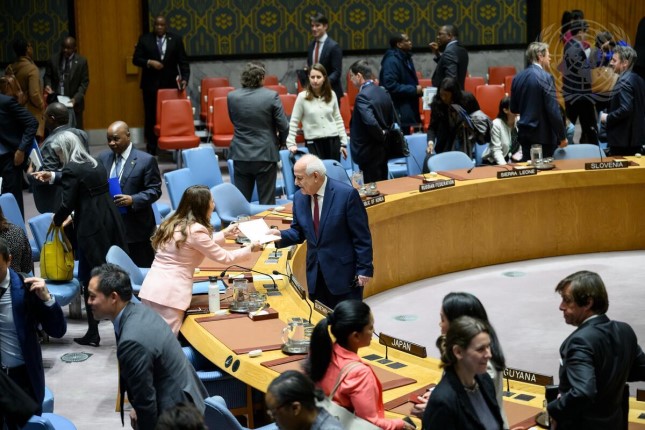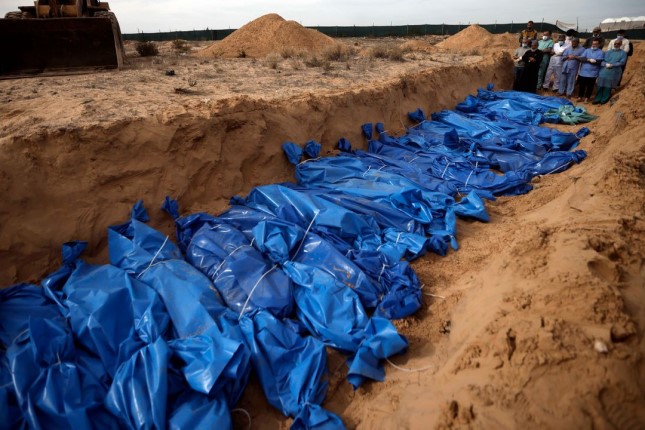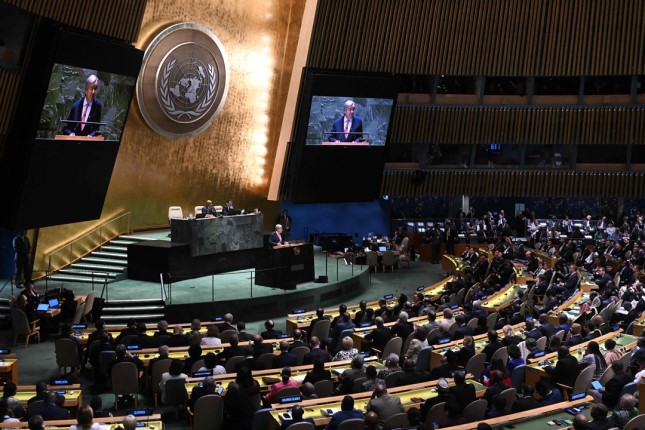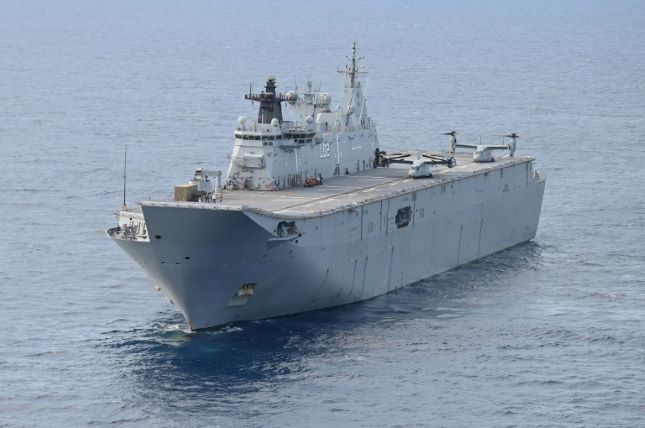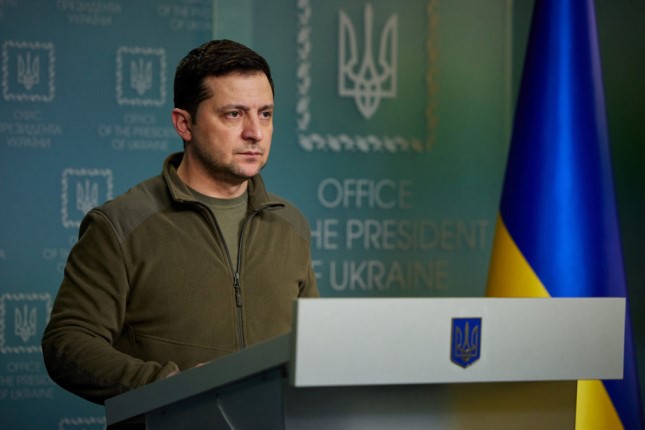Australian Prime Minister Anthony Albanese on Tuesday insisted that his government was taking a “firm” stand against the US persecution of WikiLeaks founder and Australian citizen Julian Assange.
During a recent visit to Australia, Secretary of State Antony Blinken rejected concerns raised by his Australian counterpart about Assange, who faces up to 175 years in prison for exposing US war crimes if extradited to the US.
Albanese told reporters on Tuesday that the US case against Julian Assange “has gone on for too long. Enough is enough.” He said Blinken’s public comments about Assange echo what US officials have said privately about the WikiLeaks founder. “We remain very firm in our view and our representations to the American government and we will continue to do so,” Albanese added.
While insisting his government has been firm on the issue, the US pursuit of Assange has not impacted US-Australian military ties. During Blinken’s visit to Australia, the two countries announced several measures to increase the US’s military footprint in the country, which is part of Washington’s preparations for a future war with China in the region.
“Each day the US administration ignores the Australian public on Julian’s freedom, it becomes clearer and clearer Australia’s true standing in the alliance,” Assange’s brother, Gabriel Shipton, said last week, according to AP.
Assange is currently being held in London’s Belmarsh Prison, awaiting the decision of another appeal his legal team filed against the UK decision to extradite him to the US. He’s been indicted under the Espionage Act by the US Justice Department related to documents WikiLeaks published that it received from former Army Private Chelsea Manning. Assange obtained the material using standard journalistic practices, and if he is convicted in the US, it would set a grave precedent for press freedom.
Source: AntiWar.
